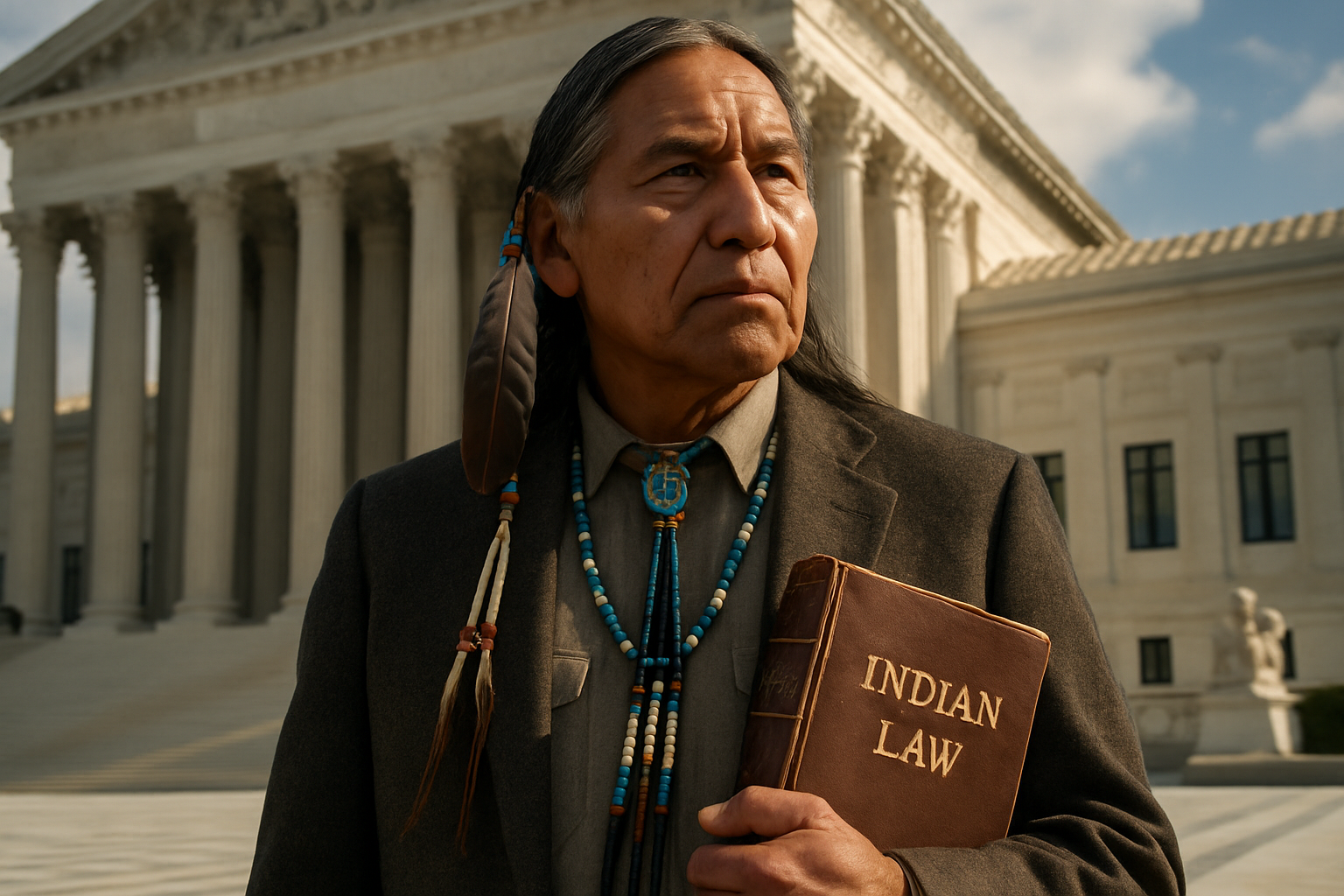Title: Tribal Sovereignty: Legal Challenges in the Modern Era
Introduction: Tribal sovereignty, a complex legal concept rooted in historical treaties and federal law, continues to shape Native American affairs in the United States. This article explores the evolving landscape of tribal sovereignty, examining recent legal challenges and their implications for Indigenous communities and the broader American legal system.

Historical Context of Tribal Sovereignty
The foundations of tribal sovereignty in the United States can be traced back to the early interactions between European settlers and Native American tribes. Initially, tribes were treated as independent nations, with the ability to enter into treaties with the United States government. This relationship was formalized through numerous treaties and Supreme Court decisions, particularly the Marshall Trilogy of cases in the early 19th century.
Chief Justice John Marshall’s rulings established tribes as domestic dependent nations, acknowledging their right to self-governance while also placing them under the protection of the federal government. This unique status has since been the cornerstone of federal Indian law, shaping the complex relationship between tribes, states, and the federal government.
Recent Legal Challenges to Tribal Sovereignty
In recent years, tribal sovereignty has faced various legal challenges, often centered around jurisdictional disputes and the extent of tribal authority. One significant case is McGirt v. Oklahoma (2020), where the Supreme Court ruled that much of eastern Oklahoma remains Native American territory for the purpose of federal criminal law. This decision reaffirmed the boundaries of the Muscogee (Creek) Nation’s reservation and has had far-reaching implications for criminal jurisdiction in the region.
Another area of contention has been the Indian Child Welfare Act (ICWA), which gives tribal courts jurisdiction over the adoption of Native American children. The constitutionality of ICWA has been challenged in federal courts, with critics arguing that it violates equal protection clauses and exceeds congressional authority.
Impact on Economic Development and Gaming
Tribal sovereignty has significant implications for economic development on Native American lands, particularly in the realm of gaming. The Indian Gaming Regulatory Act of 1988 affirmed tribes’ right to conduct gaming operations on their lands, leading to a boom in tribal casinos. However, this has also led to legal disputes with states over regulation and revenue sharing.
Recent cases have focused on the extent of state authority over tribal gaming operations, especially those conducted online or off-reservation. These disputes highlight the ongoing tension between tribal sovereignty and state interests in regulating gambling activities within their borders.
Environmental Regulation and Resource Management
Tribal sovereignty extends to environmental regulation and resource management on Native lands. Tribes have increasingly asserted their authority to set and enforce environmental standards, sometimes in conflict with state or federal regulations. This has led to legal battles over issues such as water rights, mining permits, and pipeline construction.
The Dakota Access Pipeline controversy, for example, involved complex questions of tribal sovereignty, environmental protection, and federal land use policies. Such cases underscore the need for clear legal frameworks that respect tribal rights while addressing broader environmental and economic concerns.
Future Directions and Potential Reforms
As tribal sovereignty continues to evolve, there are calls for reform and clarification of federal Indian law. Some advocates argue for strengthening tribal jurisdiction, particularly in areas like criminal justice and child welfare. Others propose revisiting the trust relationship between tribes and the federal government to give tribes greater autonomy in managing their affairs.
Congressional action may be necessary to address some of the ambiguities in current law. Proposals have been made to clarify jurisdictional issues, enhance tribal court authority, and provide more resources for tribal governance. However, any significant changes to the legal framework of tribal sovereignty are likely to face political challenges and require careful negotiation between tribal, state, and federal interests.
In conclusion, tribal sovereignty remains a dynamic and often contentious area of American law. As Native American tribes continue to assert their rights and navigate complex legal landscapes, the concept of tribal sovereignty will undoubtedly evolve. The ongoing legal challenges and debates surrounding this issue reflect the broader struggle to reconcile historical treaties and principles with the realities of modern governance and economic development in Indian Country.




